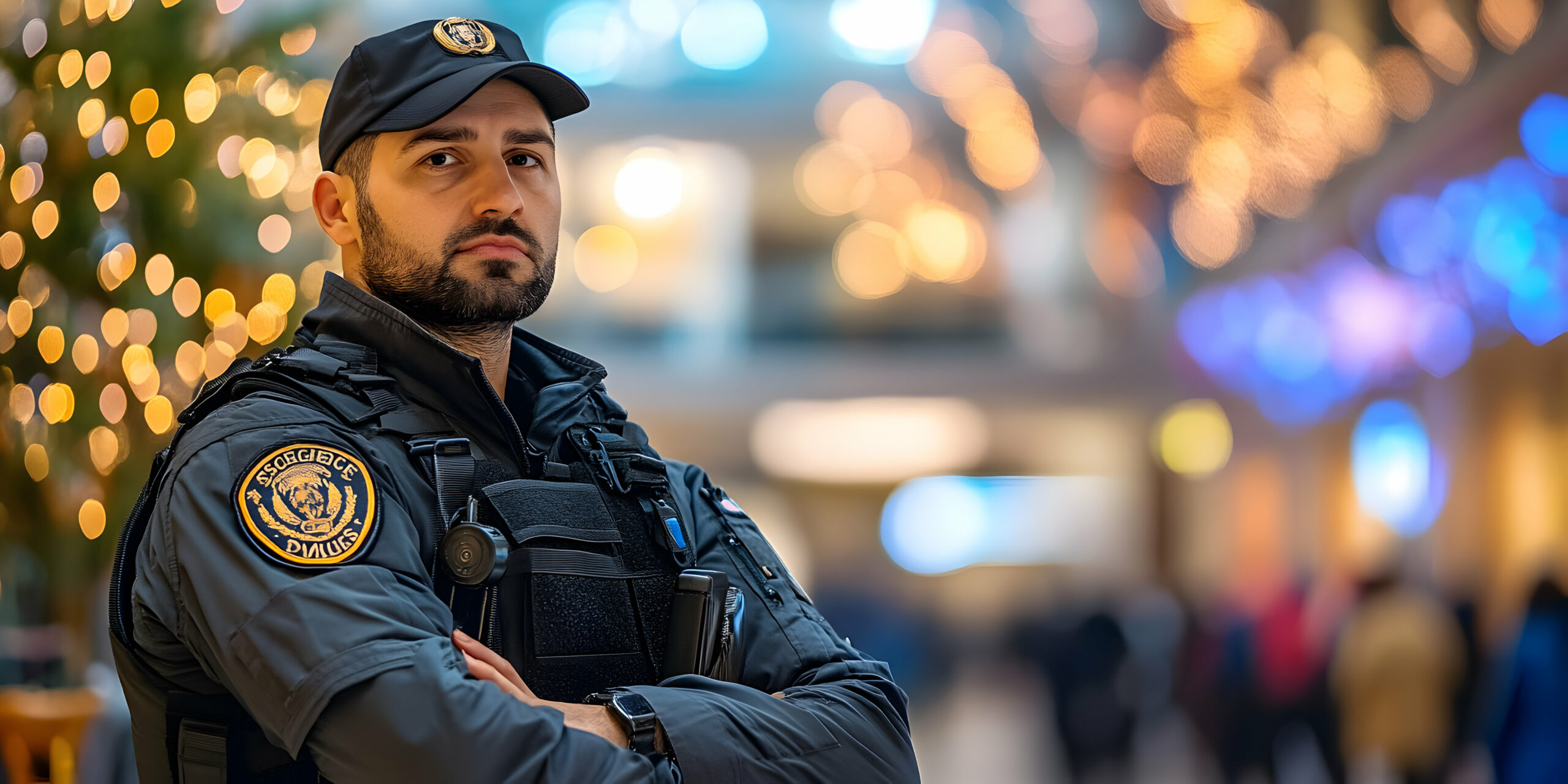By Daniel Oh
When it comes to keeping our communities safe, no single group can do it alone. Having spent time both in military operations and on the law enforcement side, I’ve seen firsthand how powerful collaboration can be. Today, as more private security professionals take on important roles in protecting businesses, neighborhoods, and individuals, the need for strong partnerships with law enforcement has never been greater. Building these relationships isn’t just about cooperation — it’s about creating a united front to better serve and protect our communities.
Recognizing Shared Goals
3While our specific duties might differ — private security often focuses on prevention and client service, while police respond to a wider range of public needs — we both play a vital role in community safety. When security professionals and police recognize that they’re on the same team, it opens the door for better communication, quicker responses, and more effective problem-solving.
Too often, there’s a mindset of “us versus them.” Private security might feel overlooked by police, while officers may not always understand the training and skills that good security professionals bring to the table. Breaking down these barriers starts with mutual respect and understanding.
Building Trust Through Communication
Like any good relationship, collaboration between private security and law enforcement starts with open communication. Security teams should establish regular contact with local police departments. This could be as simple as introducing yourself to officers assigned to your area or setting up meetings to discuss shared concerns. Having a direct line of communication means that when an incident happens, everyone knows who to call and what to expect.
One thing I learned early on is that communication has to be proactive, not just reactive. Don’t wait for a crisis to reach out to local law enforcement. Establishing relationships ahead of time builds trust, and that trust can make all the difference when seconds count.
Sharing Information Responsibly
Information is power — but in the security world, it’s also a responsibility. Private security teams often have valuable intel that can help law enforcement, from noticing suspicious behavior around a property to spotting patterns of criminal activity. At the same time, police may have alerts or trends they can share with the private sector.
However, it’s crucial to share information responsibly. Private security professionals need to respect client confidentiality and follow the law when exchanging information. Likewise, law enforcement officers must respect the professional role that private security teams play. Setting clear guidelines for how and what to share ensures that information strengthens community safety without creating legal or ethical problems.
Training and Joint Exercises
One way to strengthen the bond between private security and police is through joint training exercises. In my time in both worlds, some of the most valuable lessons came from working side-by-side with other teams in simulated environments. Active shooter drills, emergency evacuation practices, and incident response simulations are all areas where private security can and should participate alongside law enforcement.
Training together not only improves coordination during real incidents but also helps both sides better understand each other’s capabilities and limitations. For example, police officers may realize that a well-trained security team can be a huge asset during an emergency, while security professionals can learn about police protocols that can impact their response times or tactics.
Respecting Roles and Boundaries
Collaboration doesn’t mean stepping on each other’s toes. Respecting roles and boundaries is critical. Private security professionals are not police officers, and understanding the legal limits of your authority is important. At the same time, law enforcement should recognize that private security often provides an important layer of deterrence and support.
Clear understanding of each party’s role prevents confusion during emergencies and builds long-term trust. Security teams should be clear about what they can and cannot do, and know when it’s time to call in law enforcement for backup.
Working Together for Community Engagement
Both law enforcement and private security have a role to play in community engagement. Being visible, approachable, and helpful builds trust with the people we protect. When communities see police and security professionals working together — sharing information, hosting safety workshops, or participating in public events — it reassures them that everyone is pulling in the same direction.
In my experience, community trust is one of the most powerful tools we have in preventing crime and promoting safety. Private security teams that are active partners in this effort not only protect their clients better but also contribute to a stronger, safer environment for everyone.
Conclusion
The future of community safety depends on collaboration. Private security and law enforcement can accomplish so much more together than they can separately. It starts with communication, builds through training and trust, and thrives when everyone respects their role and works toward the same mission.
As someone who has stood on both sides, I can tell you: we need each other. By building strong, professional relationships between private security and law enforcement, we create safer, more resilient communities — and that benefits us all.
